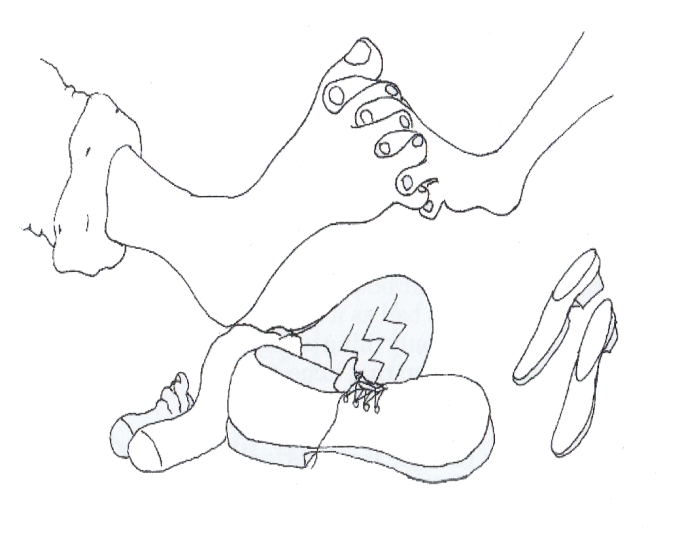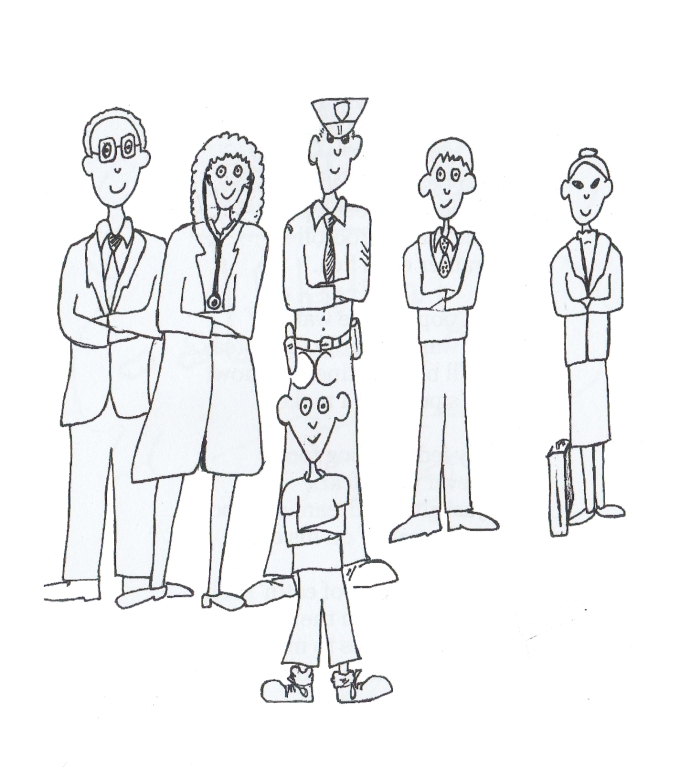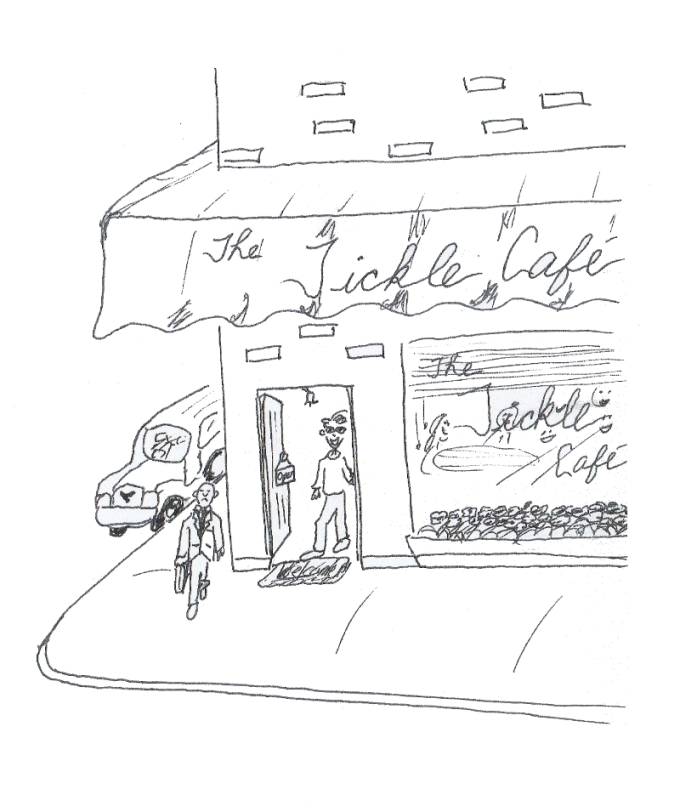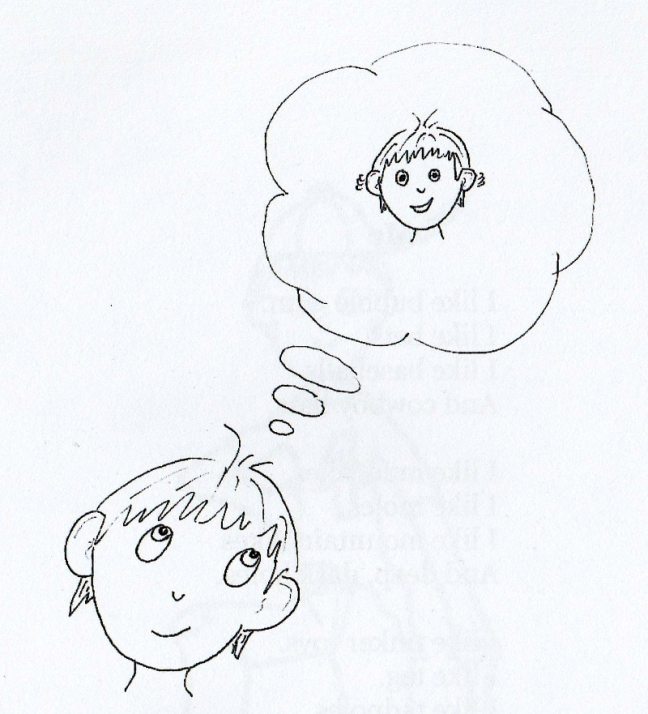BOOK | FICTION | LITERATURE
THE WIND-UP BIRD CHRONICLE
by Haruki Murakami
RATING: ★ ★ ★
Original review date: May 17, 2011

Nobel Prize winning author Kenzaburo Oe is one of the few contemporary Japanese authors whose writing does what I believe Japanese literature — strike that — whose writing does what I believe all literature should do: that is, it should expose our fears and force us to confront them. Like a shamanistic bloodletting, literature should mercifully, but without mercy, cut deep into our consciousness in an effort to reveal and release, exorcise, the things in life that have come to possess us—-our loves, our hates, our envies, our disdains; and afterwards, when the demons are either gone or have regained control, after the blood stops flowing and the wound hardens into a gnawing, itchy scab, it, literature, then forever stays with us and occasionally reminds us of that which we have, if not overcome, then at least managed to suffer through, as the thickened scar forever reminds the wary survivor.
Yes, I expect much from literature.
Oe’s writing affects me as literature should. Though it has been many years since I have read his novels The Silent Cry and A Personal Matter, they both are still with me, haunting me.
While I have read far too few Japanese authors, it is impossible for me not to compare the writing of those authors whom I have read against Oe’s, since his is such a powerful force in my literary life.
It’s difficult, maybe impossible, to compare the writing of authors of different literary genres and subgenres. How does one effectively size up an Oe novel against a Basho haiku against a Miyazawa fairy tale?
Acknowledging such difficulties, I know we still like our “best of” lists so here is a somewhat rankish list of those few Japanese authors whom I have read, ordered based on the subjective impact their writings have left on me, on how deeply they cut into my consciousness, on how thick the scar they leave behind.
Kenzaburo Oe
Yukio Mishima
Matsuo Basho
Ryunosuke Akutagawa
Soseki Natsume
Yasunari Kawabata
Kenji Miyazawa
Haruki Murakami
Banana Yoshimoto
I love poetry and I consider myself a poet, but as a reader I am drawn mostly to the novel. So it’s no surprise to me that the list consists of those authors known primarily for their novels. Most of the authors are dead, but the three who are still with us bookend the list: Oe on top and Yoshimoto and Murakami at the bottom.
Though his name is listed next to last on the list — which doesn’t necessarily mean his writing is bad (although I do believe Yoshimoto is properly placed at the bottom as she is a less than good writer, especially when compared to Oe) — when discussing contemporary Japanese novelists, the first on the list to be discussed, even before Oe, at least in terms of international popularity and readership, is Haruki Murikami.
These days, Murakami’s work dominates Japan’s literary scene, and much of the international one, as well. From what I’ve learned about his work ethic his is a completely earned and deserved domination — when working on a novel he rises at 4:00am, writes for five to six hours, runs 10 kilometers, and is in bed by 9:00 pm; he rigidly sticks to this herculean writing process and daily routine until the novel is complete.
The Wind-Up Bird Chronicle is my first Murakami novel. In addition to the short story Town of Cats it is the only work of his I have read.
I like THE WIND-UP BIRD CHRONICLE. I think it deserves to be as widely read as it has been. It is an intriguingly complex story with many layers, possessing much of what I like most about Japanese writing, and which, fortunately for me, is what most of what the Japanese writing that I have read is about: the sense of loneliness and despondency in the face of an ever more changing and complex world.
But it seems THE WIND-UP BIRD CHRONICLE is a bit too complex an effort with too many layers for Murakami to effectively manage.
The protagonist of the story, our non-hero, is Toru Okada, a still young but nearing middle age out of work lawyer. He is out of work by his own choosing, apparently because he has become disenchanted with his line of employment and his place in life. First he loses his cat, then his wife. During his quest for both, he finds and develops a relationship with a flirty teenager, with two sisters (one a prostitute of the mind whom he encounters in both his real and dreamed worlds, the other a prostitute of the flesh), a rich widow and her mute but spiritually communicative son, and a World War II veteran with a fantastically horrific yet achingly beautiful story to tell. To manage his downwardly spiraling and dangerously out-of-control and confusing life, Toru takes refuge within a deep well, which seems to be some sort of all consuming event horizon between his reality and his dreams.
Yeah, it’s as wild and mesmerizing and frustrating (often not in a good way) ride of a novel as it sounds.
My two biggest criticisms of Murakami’s novel are that it is too contrived and too insecure.
I know much of the story is fantastical and captured within a dream state, but it doesn’t feel natural. No matter how bizarre and far out crazy weird a story is it should still feel natural, as if that is exactly how life is meant to be. Some of my favorite novels are captured firmly within these realms; particularly Franz Kafka’s The Castle and The Trail.
We know that Murakami was greatly influenced by Kafka. So much so he entitles of one of his books Kafka on the Shore. But no matter how fantastical and surreal Kafka gets, his writing feels natural within those unnatural realms. Murakami’s does not. His feels choppy, forced, and, as I said before, contrived.
I also get impatient with Murakami’s lack of trust in us, the readers. This lack of trust may mean he is somewhat insecure in his own writing ability. He explains things too much. He leads us throughout the story with too much detail and suggestions as to the meaning behind what it is he wishes for us to learn from his words. Unlike Kafka who takes us blindfolded onto his bizarre journeys, abandones us deep within the remote wilderness of his unfinished tales, and leaves us to our own devices to find our way back to safety, Murakami has no such confidence in either us, himself, or both.
Maybe it’s overly descriptive because unconsciously he understood that the story was too ambitious and unmanageable for him to successfully convey.
Regardless what my criticisms are, THE WIND-UP BIRD CHRONICLE is an immense success. As testimony to its international appeal, an “interdisciplinary theatre production” based upon the novel premiered at the Edinburgh International Festival. Its trailer looks amazing and captures the essence and weirdness of the story.
In the end, Murakami’s THE WIND-UP BIRD CHRONICLE does not do for me what Oe’s The Silent Cry or A Personal Matter does. While it is surreal and sometimes dark and creepy in a soulful and insightful way that I mostly enjoyed, it has no staying power. If there has been any cutting from it, it has been bloodless and superficial. Ten years from now, I foresee the novel leaving no haunting or even memorable scars on my consciousness.
~~~~










